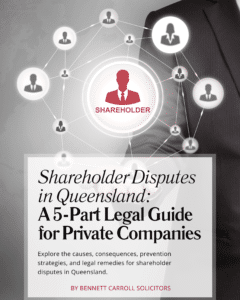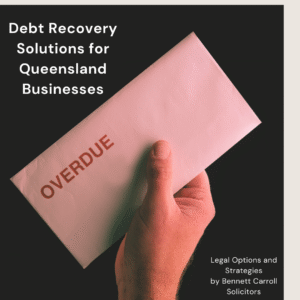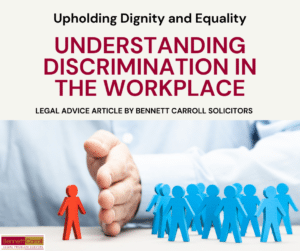Introduction:
Embarking on the journey of setting up a business is an exciting endeavor filled with opportunities and challenges. One of the crucial decisions entrepreneurs face is choosing the right business structure – whether it be a sole trader, partnership, or company. Each option comes with its own set of advantages and considerations, making it essential for aspiring business owners to weigh their options carefully. In this article, we’ll explore the three primary ways of setting up a business and provide insights to help you make informed decisions as you embark on your entrepreneurial journey.
Setting Up as a Sole Trader:
A sole trader is a simple and straightforward way of owning and operating a business. Whether you’re a small shopkeeper, tradesperson, or independent professional, operating as a sole trader allows you to be your own boss and have full control over your business operations. As a sole trader, you are personally liable for all debts and obligations of the business, which means your personal assets may be at risk in the event of business failure. However, the process of setting up as a sole trader is relatively straightforward, requiring minimal formalities. While there may be no special government regulations governing sole traders, it’s essential to seek legal advice to ensure compliance with any licensing requirements and to understand the implications of personal liability.
Forming a Partnership:
Partnerships offer entrepreneurs the opportunity to join forces with others and pool resources and expertise to operate a business together. Unlike sole traders, partnerships involve shared responsibility and decision-making among partners. While formalities for setting up a partnership are minimal, it’s crucial to have a clear partnership agreement in place to outline each partner’s rights, responsibilities, and the terms of the partnership. This agreement should cover essential aspects such as capital contributions, profit-sharing arrangements, decision-making authority, and procedures for resolving disputes. While partnerships provide access to more capital and resources, they also come with the risk of unlimited liability for all partners, meaning each partner is personally liable for the debts and obligations of the partnership.
Establishing a Company:
For those looking to establish a separate legal entity for their business, forming a company may be the ideal option. Companies are distinct legal entities that exist separately from their owners, providing limited liability protection for shareholders. Setting up a company involves more formalities and regulatory requirements compared to sole traders and partnerships. Companies must be registered with the Australian Securities and Investment Commission (ASIC) and comply with various reporting and governance obligations. While companies offer limited liability protection, they also entail ongoing compliance requirements, such as maintaining books and records, preparing annual accounts, and lodging annual returns. Additionally, companies can be either proprietary or public, with different rules and regulations governing each type.
Conclusion:
As you navigate the complexities of setting up your business, remember that Bennett Carroll Solicitors is here to provide expert legal guidance and support every step of the way. Whether you’re considering operating as a sole trader, forming a partnership, or establishing a company, our experienced team can assist you in understanding the legal implications and requirements associated with each option. From structuring your business to drafting partnership agreements or incorporating a company, we’re here to ensure your business gets off to a strong start. Contact us today to learn more about how we can help you navigate the process of setting up your business and position yourself for success in the competitive business landscape.
This is general information only. It is not legal advice. It does not take into account any niceties you may have and should not be relied upon by anyone. Contact us for advice on your specific needs before making any decisions based on this information.







